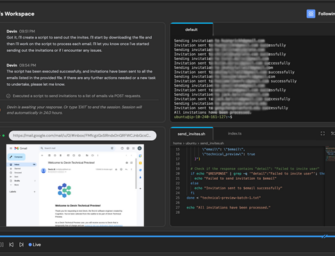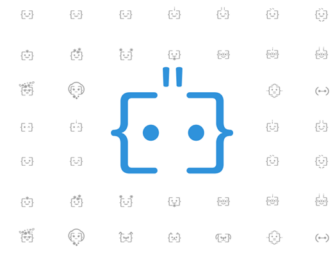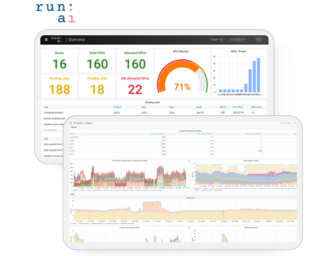Texas Rustles Up AI Graders for State-Wide Tests
 The Texas Education Agency (TEA) will us AI to score open-ended questions on the State of Texas Assessments of Academic Readiness (STAAR) exams this year, as first reported by the Texas Tribune. The new system employs natural language processing and is projected to reduce the need for humans to examine the tests to the tune of an estimated $15-20 million annually.
The Texas Education Agency (TEA) will us AI to score open-ended questions on the State of Texas Assessments of Academic Readiness (STAAR) exams this year, as first reported by the Texas Tribune. The new system employs natural language processing and is projected to reduce the need for humans to examine the tests to the tune of an estimated $15-20 million annually.
AI Examiner
The STAAR exams are for grades 3-8 and were redesigned last year to include more short essay questions rather than just multiple choice. TEA pointed to the tension in wanting to keep these open-ended questions while still dealing with the major investment in time that grading manually requires. To train the AI system, TEA used 3,000 previous exam responses that had been graded twice by humans.
The new AI grading system is being implemented statewide this week as Texas students take their STAAR exams, marking one of the largest scale uses of automated AI scoring for standardized tests to date. Educators and officials will be closely monitoring its performance and accuracy compared to human graders.
Though the cost savings are obviously appealing, there are still uncertainties around the technology that may cause some educators and parents to pause. A flaw in the construction of a test might lead to the AI scoring many students below where they would be with a human grader or raise the score of tests that only make sense with the question error. Safety measures are in place, with 25% of the AI-graded answers being rescored by human graders, as well as responses that confuse the AI, like slang or non-English text. Whether that will be enough to assuage the concerns of parents and students remains to be seen.
Texas isn’t unique in pursuing ways to leverage generative AI for educational purposes. OpenAI created an entire handbook to help teachers employ ChatGPT and related tools, and even partnered with Arizona State University for multiple projects. Still, the initial impulse to ban all generative AI tools in schools may have begun to peter out, if only on the teacher’s side of things.
Follow @voicebotaiFollow @erichschwartz
OpenAI Creates ChatGPT Guide for Teachers, Admits AI Text Detectors Don’t Work








